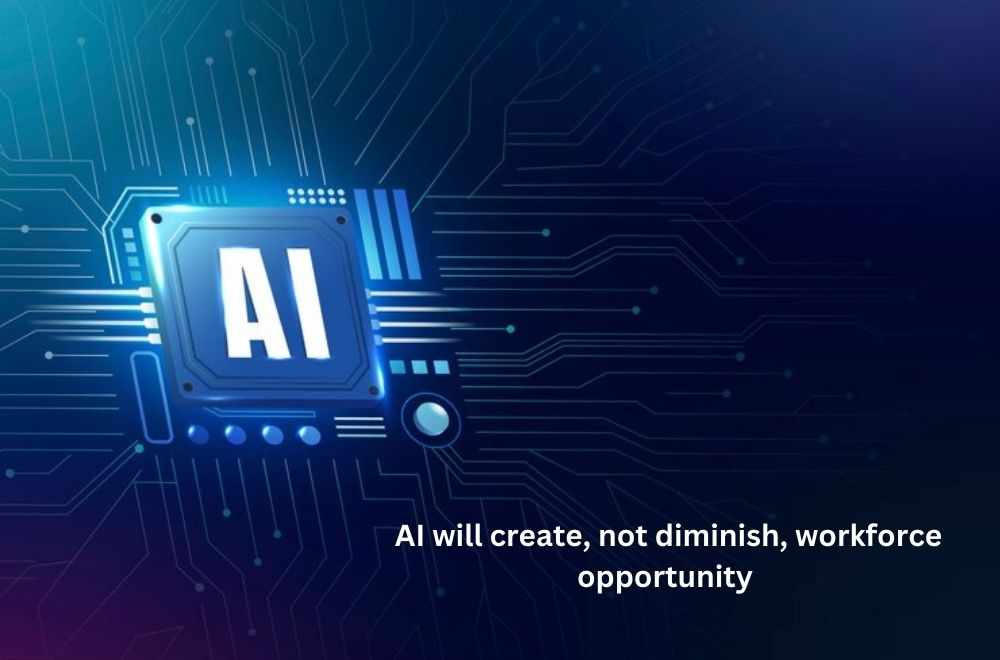GenAI
won’t replace many jobs, but it will lead jobs to be redesigned to include new responsibilities, such as interacting with GenAI tools. Gartner predicts that GenAI will play a role in 70% of text- and data-heavy tasks by 2025, up from less than 10% in 2023.This year, executives should be prepared to iterate and adapt their plans and expectations for GenAI as tools evolve and employee proficiency improves. Business leaders should partner with HR to assess how GenAI investments should change team roles and workflows and to identify potential internal candidates for newly redesigned roles. HR must also evaluate GenAI’s impact on hiring strategies, identifying which technical requirements and assessments are now unnecessary for open and upcoming roles, and determining how to assess talent against any new skill needs.
AI not only transforms existing industries but also catalyze the creation of entirely new markets and opportunities. Entrepreneurs leverage AI technologies to develop innovative products and services, from personalized healthcare solutions to sustainable energy systems. Startups and small businesses thrive in this dynamic environment, driving economic growth and job creation.
Moreover, AI-powered tools streamline business processes, reducing barriers to entry and enabling entrepreneurs to scale their ventures more efficiently. This democratization of
Entrepreneurship
fosters a culture ofInnovation
, where individuals are empowered to pursue their ideas and contribute to the global economy.A Collaborative Future
Socioeconomic progress
. By embracing AI responsibly and proactively, governments, businesses, and educational institutions can harness its potential to create a future where work is more fulfilling, inclusive, and sustainable.Through strategic investment in education, training, and workforce development, we can ensure that individuals are equipped to thrive in the digital economy. By fostering a culture of lifelong learning and innovation, we can harness the transformative power of AI to build a brighter future for all.
In conclusion, while AI undoubtedly brings disruptive change, it also presents unprecedented opportunities for economic growth, job creation, and human advancement. By reframing the narrative around AI from one of fear to one of possibility, we can harness its potential to shape a more prosperous and equitable world for generations to come.









